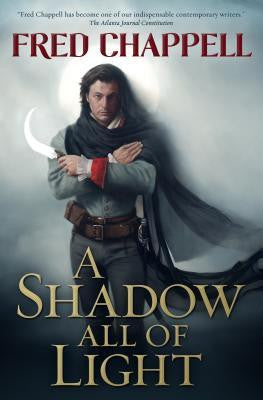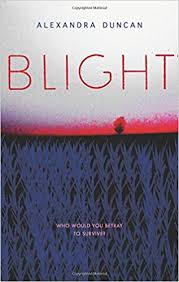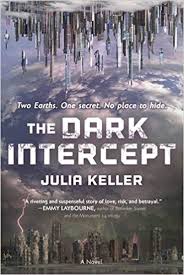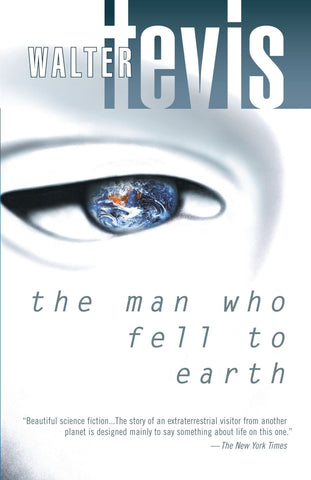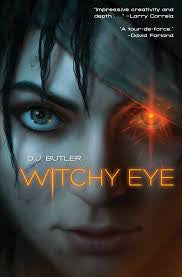Science Fiction
The first Appalachian science fiction novel I’ve heard of is The Land of the Changing Sun (1894) by Will Harben (1858-1919) of Dalton, Georgia, one of his generation’s most popular authors. Between 1979 and 1984, Manly Wade Wellman (1903-86) who often wrote from his vacation home in Madison County, North Carolina, published five novels featuring a mountaineer protagonist named John the Balladeer. In 1980 he received the World Fantasy Award for Lifetime Achievement. Walter Tevis (1928-1984) published The Man Who Fell to Earth in 1978. It tells what happens when a flying saucer arrives in Estill County, Kentucky. Fred Chappell won the World Fantasy Award for stories in both 1992 and 1994, and in 2016, he published a fantasy novel, A Shadow All of Light. In 2017 Julia Keller, best known for her West Virginia mystery novels, published Dark Intercept, a novel that spans the youth and adult markets and is named after a devise that prevents crime by monitoring emotions. Blight (2017) by Alexandra Duncan is set on a North Georgia farm, called AgraStar that produces food from genetically modified seeds, a dystopian novel that serves as a warning about the power of agribusiness. The first of D. J. Butler's American epic flintlock fantasy series, Witchy Eye (2017) was set in an alternate 1815 America where Appalachian folk magic has shaped society. It was a finalist for a Dragon Award and a nominee for a Gemmell Morningstar Award. The second book in the series, Witchy Winter, won the 2018 AML Award for Best Novel, the 2018 Whitney Award for Best Speculative Fiction, and was a finalist for the 2018 Dragon Award for Best Alternate History Novel.
-- George Brosi
